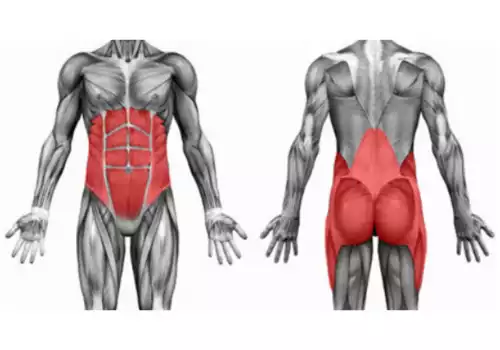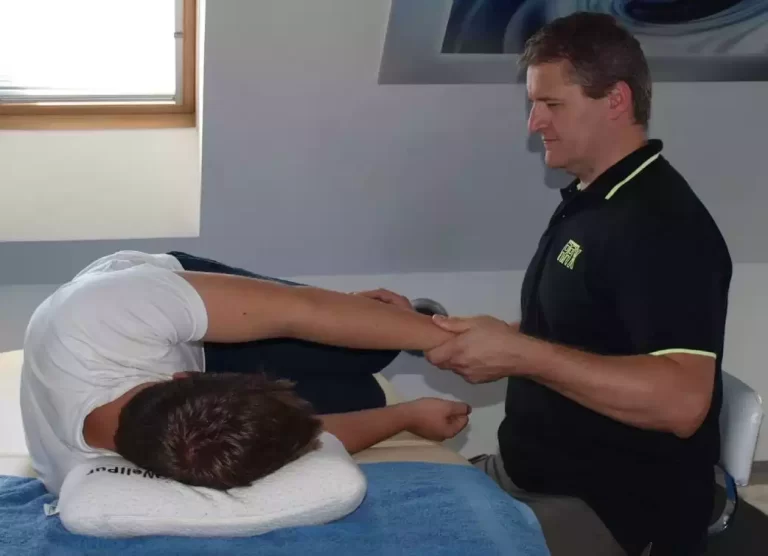If we wish to reach our desired goal in the most efficient way possible, we must follow this simple rule: Whatever the mind does, the body must do, and vice versa. We have all experienced something similar in our lives; focus helped us achieve the desired result of our work, obviously within the scope of our knowledge and abilities. Concentration is the most important part of an act (which every top athlete knows) and plays a key role in achieving the highest results.
For example, in most fitness clubs, they play loud music, many pieces of equipment are placed in front of large screens, which visitors stare at during exercise, or they have headphones in their ears through which they talk, listen to music or a voice reading an electronic book. Their minds are preoccupied with reading the news, watching TV, or listening to music while their bodies perform difficult physical activities, the purpose of which should be to improve mind-body coordination, improving their abilities, and readiness! Focusing on your breathing is a very efficient way to pay attention to what you feel and an appropriate way to control your body movement and sensations.
The golden rule of successful holistic work is that the mind and body should not be separated. Among some connoisseurs, it is considered that the aids mentioned above, such as music and TV, are excellent for fighting boredom during training. However, exercises are only boring when performed incorrectly or with the wrong intentions. But if we practice correctly, we connect mind and body; at this point, exercise becomes a desired action rather than something we feel we have to do. It becomes more than just enjoyable – it becomes an exhilarating chore. And it can’t be boring. However, in order to achieve and maintain such a relationship, the mind must respect the signals from the body, even those that are not to the ego’s liking.
However, if the ego is using exercise as a tool to overcome physical weaknesses and wants to beat the body, the movement quickly turns into exercise, and the purpose of performing actions becomes separating the mind from the body and not connecting them into a syntrophic whole. At that time, the mind has to separate itself from bodily sensations and limit the perception of the real situation, for which it needs additional options where it can redirect attention (music, TV, sports classes…), as it does not want to direct it to bodily sensations.
This leads to actions losing their efficiency, which the body is warning you about with unpleasant feelings that the mind is trying to push from the consciousness and the body’s surface. This leads to a spiral of separation between the body and mind, allowing and even demanding the mind to shift into an illusion. This increases the demand for distractions and attention seekers from their surroundings because such an approach results in great progress in the short term and creates a desire for more if we live in an environment of an abundance of energy and lack of time. In the long term, such an attitude leads to an increasingly stronger activation of muscle tension in the diaphragm and chronic hyperventilation. Thus, we cannot get out of the denial of reality and remain trapped in ego and illusion.
No matter what your goals during exercise are, you’ll come to love them when they become secondary to the process of achievement itself. Then you will become a person focused on your actions. Training concentration in exercise brings fun, physical education and improves your performance.
Aleš Ernst, author of the AEQ method and author of AEQ breathing






